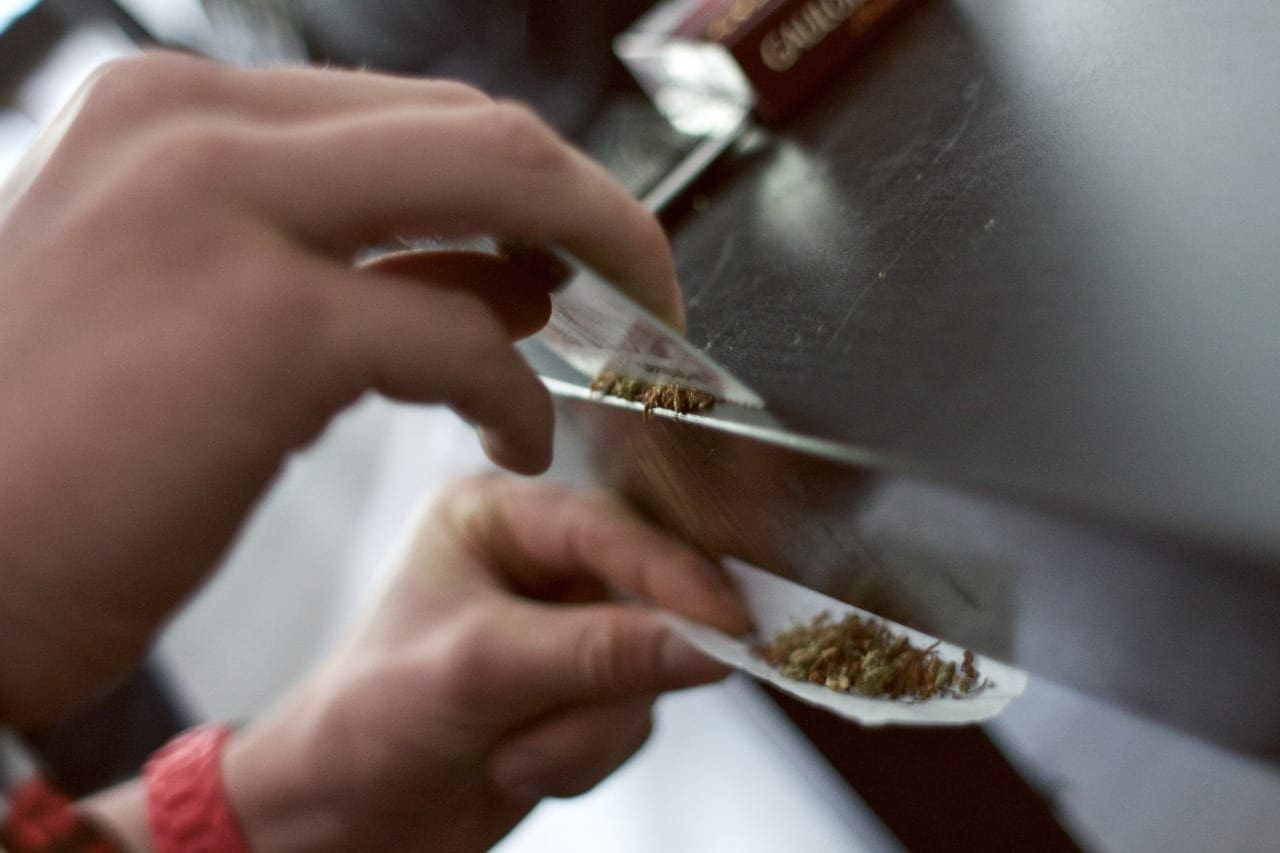
Drug addiction can be a great fear for many parents when they send their children for studies at a place different from their own. Parent should approach the problem calmly and seek the advice of experts to confirm their fears. At the first instance, parents could use tried-and-tested measures in teaching their children to say no to drugs. The following steps can be taken by parents:
1) Make an effort to get to know your child’s friends. What are the hobbies they share? Are they much older or younger than he? What kind of influence do they exert on your kid?
2) Spend quality time with your child. Talk about school, not necessarily about his grades but about the activities he enjoys while doing in class. In exchange, share with him little secrets about your work. This way, you share information while building trust and confidence in each other.
3) Listen to him the right way. Be sensitive to how your child acts around the house. How does he interact among his siblings? Does he become irritable when you ask him questions about school or his friends?
4) Give positive, encouraging feedback. Show trust in your child’s abilities.
5) Encourage creative forms of communication. Simple things such as leaving notes on the refrigerator door can set the tone for free and comfortable modes of communication.
6) Involve your children in the observance of your faith to enable them to appreciate divine guidance in their daily lives.
7) Refrain from smoking cigarettes or drinking alcohol, Parents must practice what they preach.
8) Preserve harmony at home. Oftentimes, a stormy relationship between parents serves as an excuse for a child to spend more time with his peers and take up vices such as smoking, drinking and drugs.
9) Study the enemy. Share factual information about drug abuse with your kids than scare them with exaggerated stories.
10) Look for the silver lining. Young people with personal problems are easily tempted to try drugs. These problems can range from a spurned courtship to an inadequate weekly allowance or difficulties in class. Parents should have an inkling of what these problems are. Parents who try to look for a silver lining behind every cloud sets a good example for his children to follow. Optismism is infectious. Pessimism breeds insecurities that make one vulnerable to substance dependencies.

Be the first to comment